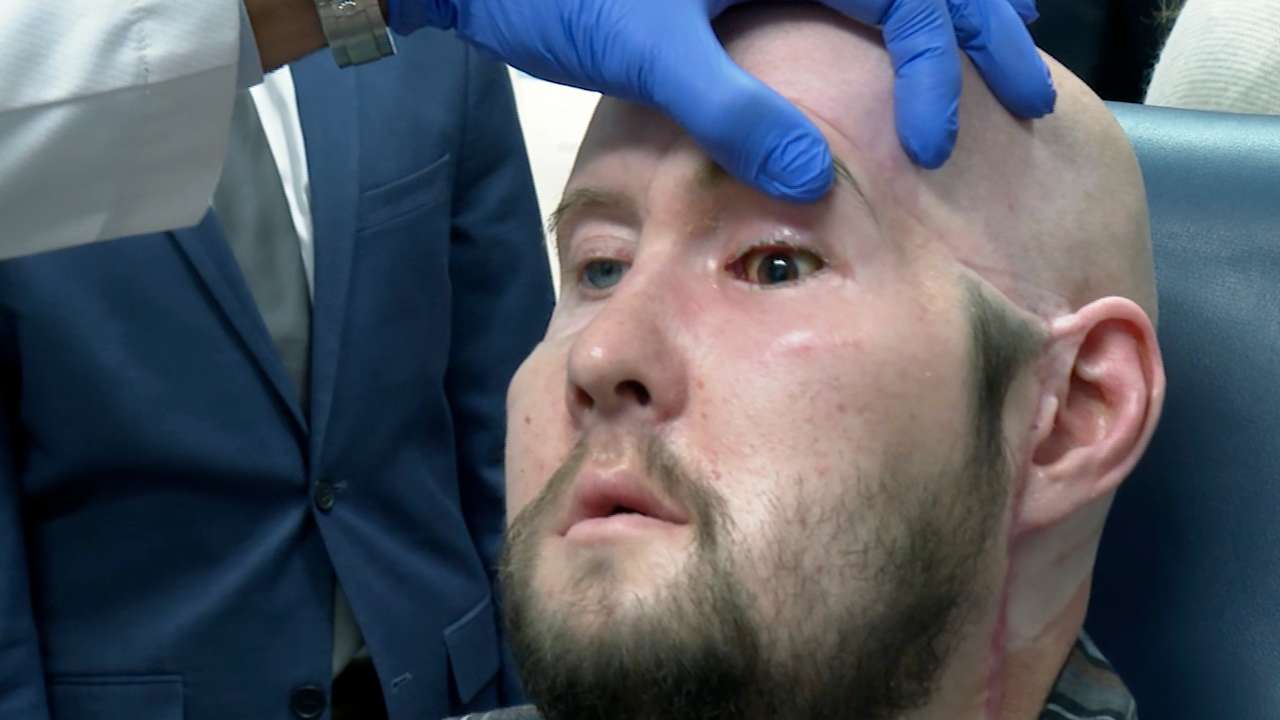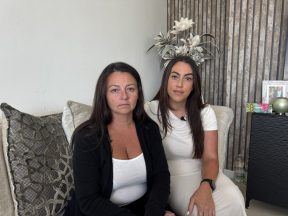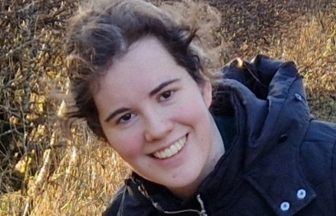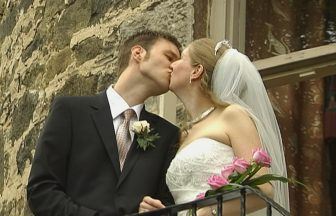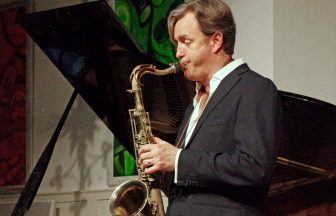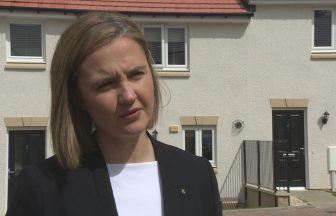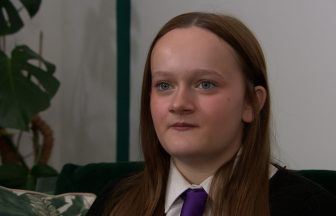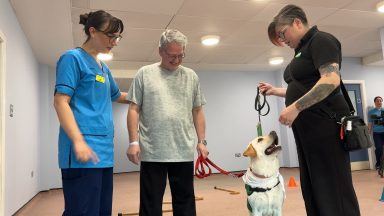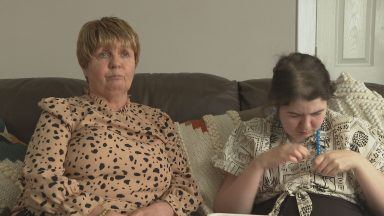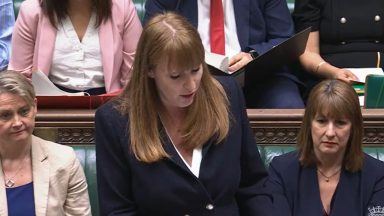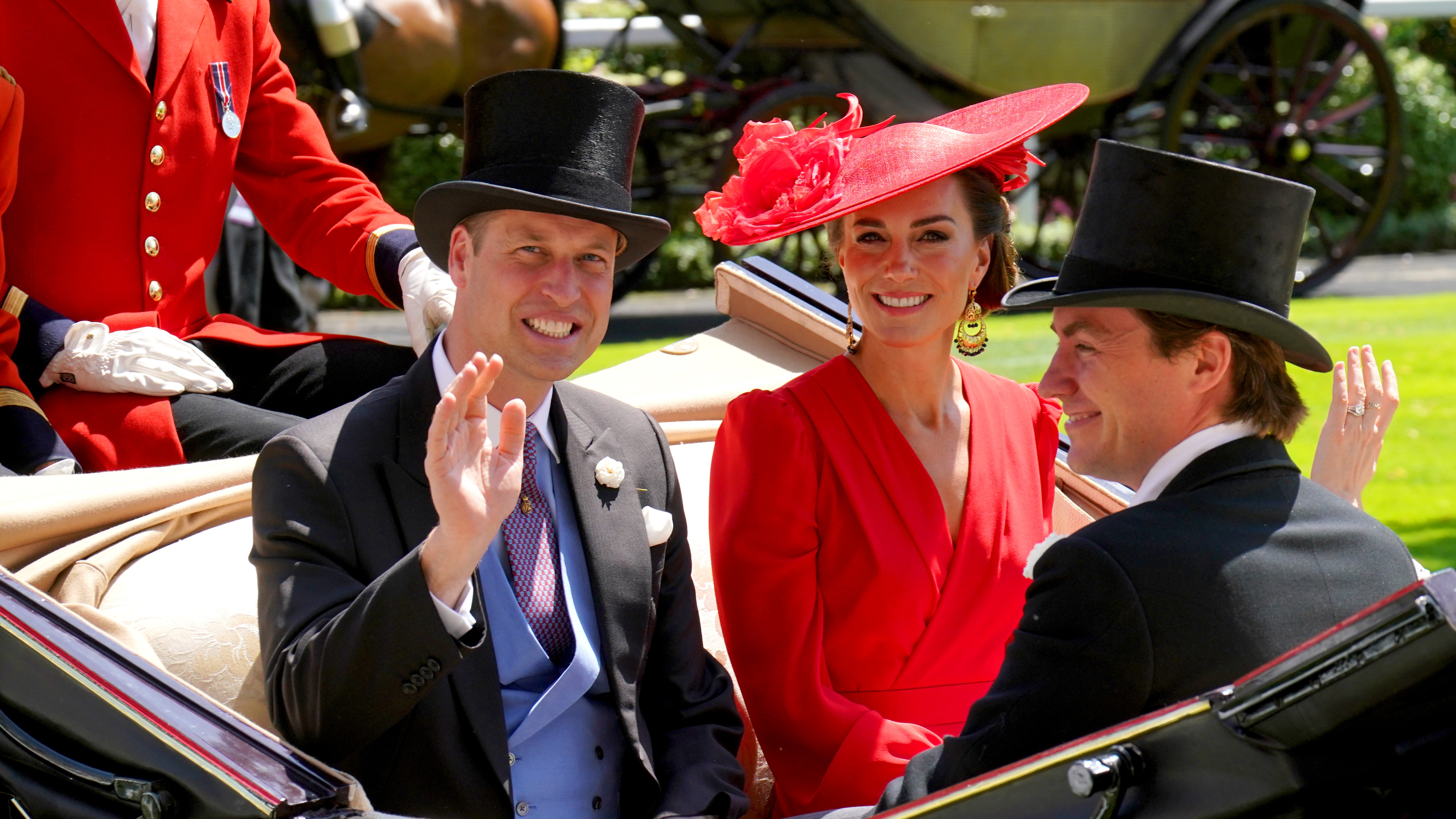Surgeons in New York have performed the world’s first complete eye transplant, though it’s not clear whether the man will ever be able to see through it
US surgeons have performed the world’s first transplant of an entire human eye, in addition to a partial face transplant.
An accident with a high-voltage power line destroyed most of Aaron James’ face, one of his eyes and required him to have his left arm amputated.
While his right eye still works, surgeons at NYU Langone Health hoped replacing the missing one would yield better cosmetic results, if supported by a transplanted eye socket.
Mr James is recovering well from the dual transplant last May, and the donated eye has been reported to look healthy.
He said “It feels good. I still don’t have any movement in it yet. My eyelid, I can’t blink yet. But I’m getting sensation now.
“You got to start somewhere, there’s got to be a first person somewhere. Maybe you’ll learn something from it that will help the next person.”
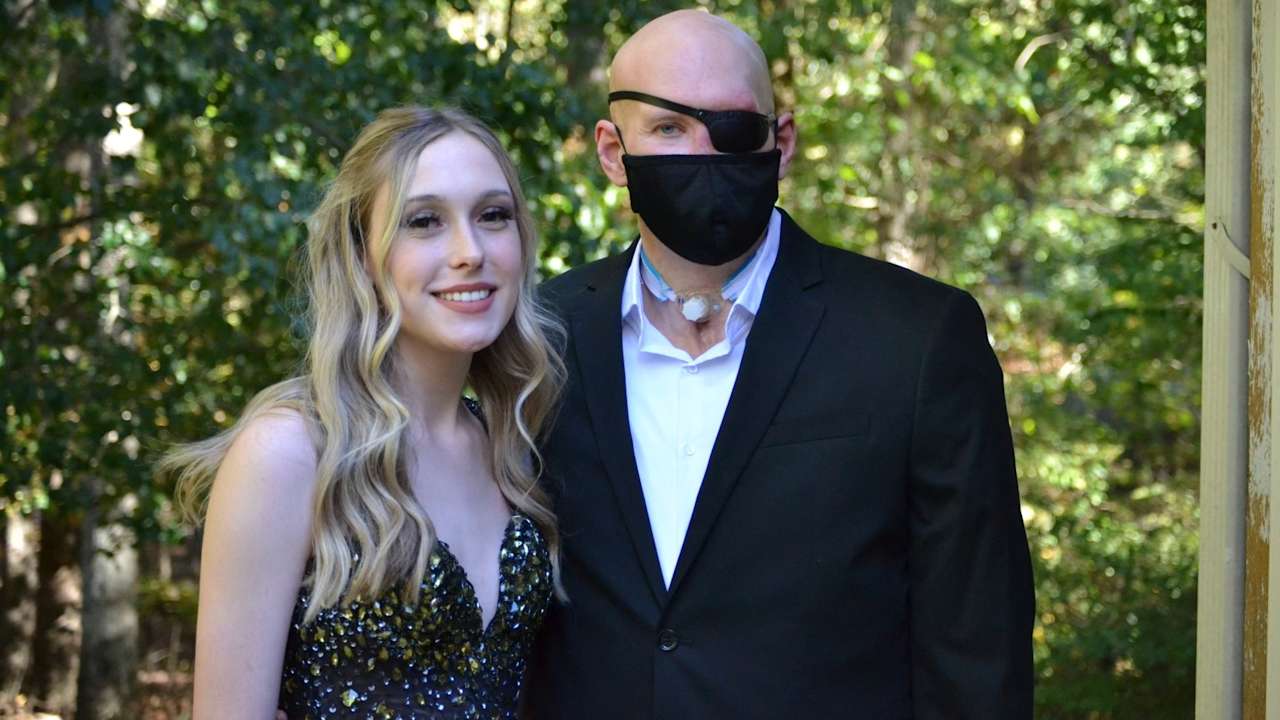
How common are eye transplants?
Transplants of the cornea – the clear tissue in front of the eye – are common to treat certain types of vision loss.
But transplanting the whole eye, eyeball, its blood supply and optic nerve – which is needed to connect it to the brain – is considered a moonshot in the quest to cure blindness.
His surgery offers scientists an unprecedented window into how the human eye tries to heal.
“We’re not claiming that we are going to restore sight,” said Dr. Eduardo Rodriguez, NYU’s plastic surgery chief, who led the transplant.
“But there’s no doubt in my mind we are one step closer.”
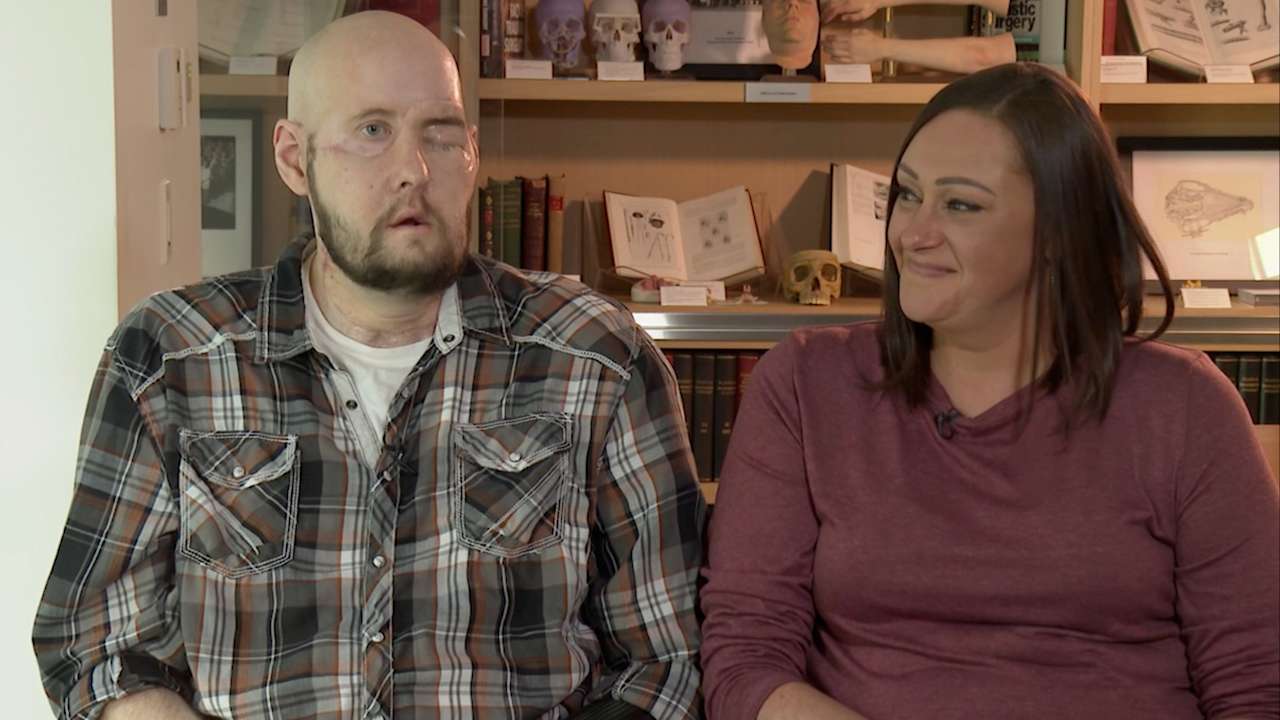
Some specialists had feared the eye would quickly shrivel, like a raisin. However, doctors say there is good blood flow and no sign of rejection.
Now, researchers have begun analysing scans of Mr James’ brain, which detected some puzzling signals from his injured optic nerve. It is hoped that eventually Mr James could see a return to his eye-sight.
After the incident, Mr James pushed through physical therapy until he was strong enough to escort his daughter, Allie, to a high school homecoming ceremony, wearing a face mask and eye patch.
Mr James’ wife, Meagan James, said: “In his mind and his heart, it’s him – so I didn’t care that, you know, he didn’t have a nose. But I did care that it bothered him.”
Face transplants remain rare and risky, with Mr James’ being only the 19th in the US
Follow STV News on WhatsApp
Scan the QR code on your mobile device for all the latest news from around the country



